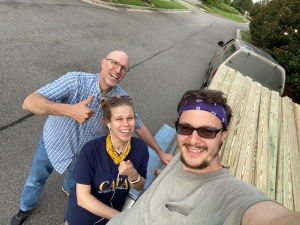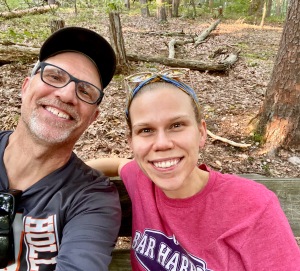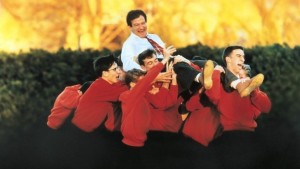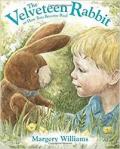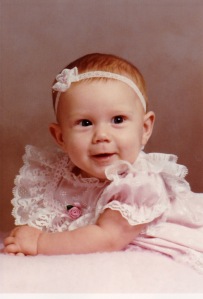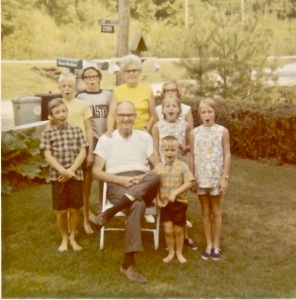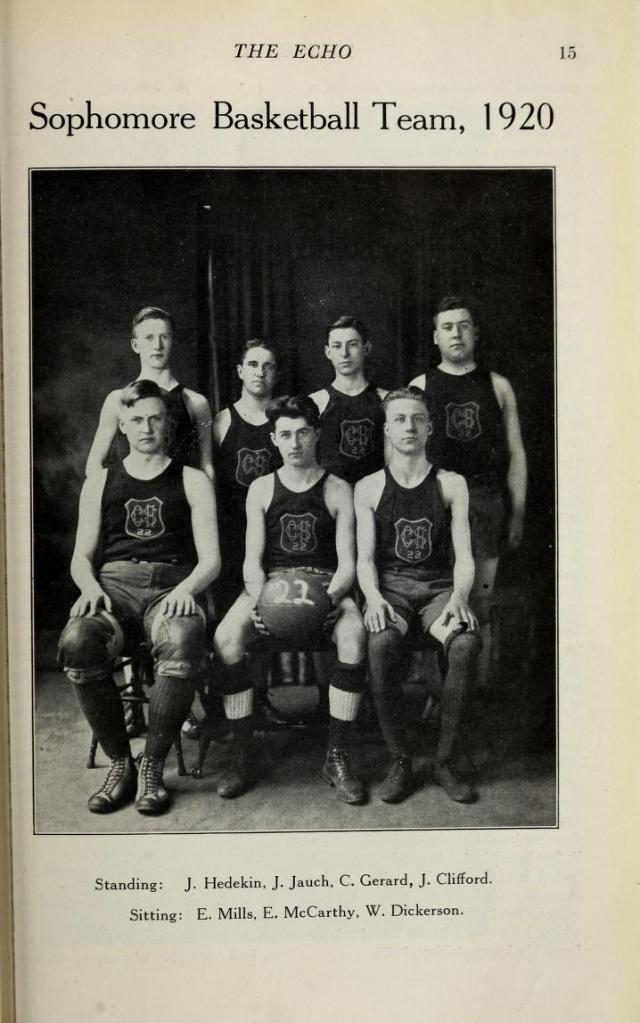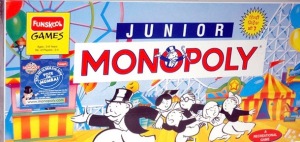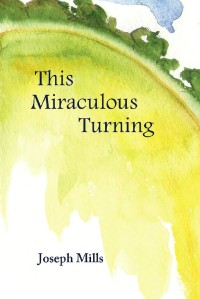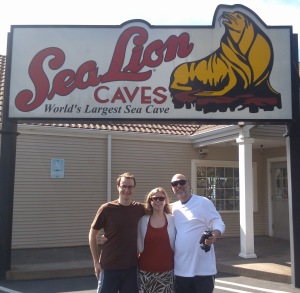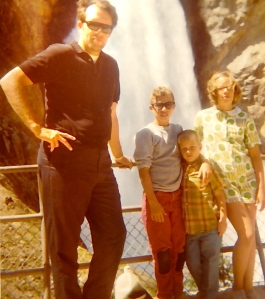“Stay vigilant.” The two words our daughter used to conclude conversations. Last November, nine months into the pandemic, the tide of Covid cases continued to rise. I sounded off to work colleagues that after all this time of caution and care: wouldn’t it be a dumpster fire to get the virus now?
So when the test results became available, I held my breath and clicked on the screen to see in bold letters at the top of the page:
“Positive.”
In seventh grade, the final cuts for the basketball team were posted on the hallway bulletin board. I still see the names of my friends on the list. I experienced instantaneous embarrassment, exclusion from the community I hoped to join, and the existential pain of adolescent angst.
I got cut.
Fast forward half a century.
I caught Covid.
Same difference but add fear of the unknown, disappointment of letting others down, and uncertainty of wanting those you love to be okay with the possibility that you may not be okay.
Thus commenced my ten days as a basement dweller.
Unlike those who suffered tragedy in this catastrophic pandemic, I experienced only minor physical inconveniences such as a slight cough, a sore throat, and muscle aches. I never ran a temperature nor lost my sense of smell or taste. And our basement, not to give a misleading impression of discomfort, had plenty of windows, a couch, a fridge, and a walk-out screened-in porch. I was fortunate.
I quarantined with cellmates Curious George, Cedar Point Snoopy, and a Beanie Baby turkey who kept me company, although I did most of the talking. My sister and brother-in-law dropped off a care package with a dozen Mt. Everest-size pumpkin spice chocolate chip cookies, which I planned to ration by consuming only two per day. Time alone plays tricks on one’s psyche. In Castaway, Tom Hanks strikes up conversation with Wilson, the volleyball, and I found myself telling Curious George to quit eyeballing my cookies. The massive pumpkin delicacies disappeared in less than 24 hours, and I’m convinced the curious little monkey helped himself.
I learned how to FaceTime, which I had done a few times, but only to respond to someone ringing me. For once, I self-initiated the use of this technology. Tap the app and boom: “I see you.” I FaceTimed with Deb, who quarantined upstairs after being exposed to me, and gave her instructions to prepare my meals to specific culinary standards.
This did not go over well.
Deb dropped down peanut butter and crackers in a bucket tied to a rope. We laughed as she lowered the provisions. The dry goods proved sufficient with no need to spear fish in the neighborhood pond where the bass have an extra set of fins and feet from the fertilizer run-off.
The first morning of my ten-day seclusion, I flung open the shades to bring in light therapy and brighten up my mood. The sunshine greeted me with an unexpected, unframed canvas leaning against the window ledge. Since the basement curtains had been closed for months, I’d forgotten about this graduation gift from a former, memorable student who painted two words in red letters across an ocean blue vellum background: carpe diem.
Given my present scenario, the rediscovered gift seemed like a reunion with high school students from yesteryear. The ubiquitous decree to “seize the day” permeated school yearbooks, garage bands, and youth culture for a decade. Any dare to dive off the 30-foot tower at Pine Lake or streak across the camp beach in a birthday suit (after dark and before cell phone cameras) or back flip off the diving board in a three-piece suit and dress shoes needed only this two-word yawp to unleash the power of teenage spontaneity.
I repeated the canvas catch phrase and attempted to recite what I could recall from the dialogue that made this two-word battle cry from the 1989 film Dead Poet Society a canon for a generation of young people. The hallway scene with the new English teacher, Mr. Keating (Robin Williams), remains a vintage movie moment on the brevity-of-life motif: “Carpe diem, seize the day boys, make your lives extraordinary.”
These YOLO events seemed too distant in a faraway yesterday as I sat with coronavirus, staring out the ground level window and stuck in storage. Mr. Keating defined carpe diem a.k.a. “seize the day” as making one’s life extraordinary, but what does that look like in a basement? What does that look like in the socially-distanced world? What does extraordinary look like under the monotony of the ordinary?
“Seize the day” may mean making the most of the moment, but the pandemic has had the paradoxical effect of slowing time down and speeding it up in a simultaneous conundrum. Covid has given us plenty of time alone wanting not to waste it. And in quarantine, one cannot go anywhere or do anything in physical proximity to anyone. Everything is put on hold, on standby, on layaway.
My days in quarantine passed with a strange familiarity to weatherman Phil Conners (Bill Murray) in the classic time-warp movie, Groundhog Day, who lives the same 24 hours over and over and over, each day a replica of the one before: an excess of the ordinary. Film buffs surmise that the sardonic newscaster relives February 2 at least 3,000 times, minimum, and perhaps much longer to acquire his artistic skills and knowledge of the town that he so despises. Once he enters the time loop and realizes his actions have no consequences, he pursues a self-indulgent buzz of local diner breakfasts and hedonistic revelry, thievery, and conquest. After a clockwork replication of days, he discovers the endless pancakes unfulfilling as well as his manipulative maneuvers to woo women. He cannot escape Punxsutawney, PA, and attempts to end it all, yet to no avail as he continues to wake at 6:00 a.m. on Groundhog Day.
Like many of us living under the constraints of the pandemic, Phil Conners suffers an interminable cycle of sameness, trapped in the tedium of unchanging routine. But in Phil’s day-after-day imprisonment, he discovers a window to explore new possibilities and gain a new perspective. Having exhausted his self-gratifying binges, in a paradoxical paradigm shift, he exchanges his sly attempts to bamboozle and exploit others for a sincere mission to help others. He loses his smug, sarcastic contempt for the small-town yokels and finds contentment by getting to know the people in the community, lending a hand, and saving a life or two.
As a result of living within the confines of a single, repeated day, Phil’s life becomes extraordinary, not because of his newly acquired chainsaw ice sculpture ability or his piano playing skillage, but because he finds a better purpose and a higher calling when he decides to enjoy others rather than use them. The “wasted time” in the tiresome loop of an endless day draws his attention toward what matters most: the incalculable value of relationships.
My ten days as a basement dweller, though at first a mix of fear and frustration, gave ample time to recalibrate and reload. In this pandemic, we have lost time in a collective sense of isolation. The pandemic “time out” of this past year has forced a reckoning with the loss of unacknowledged or unnoticed ordinary moments of time together.
As a kid, my dad tucked me in at night, and then I got my goodnight kiss. In the teen years, I saw my father strike fear in local hooligans, and yet throughout high school, Dad publically threw his arm around me for a strong embrace. One Christmas, my 40-something, younger brother observed me enter the kitchen as the family gathered, and he swooped over to Dad, enveloping the patriarch in a sustained wrestler hold and bragged, “Hugged him first.” Our family hugs.
The pandemic put hugs on hold.
I never spent a holiday season without visiting at least one parent until now. During the Pandemic Christmas, I saw neither Mom nor Dad. For the first time in years, I did not see my brother and his family. Though my basement quarantine ended well before the holiday season and I rejoined life on the first floor, the pandemic pulled a Grinch Christmas theft upon us, snatching away time together: no family soccer games in the adjacent park; no kitchen creations and presentations for the annual cookie contest; no gatherings around the dining room table; no carving of the roast beast; no opening presents together on Christmas morning; no shopping in family cohorts the day after Christmas; no late night board game revelries; no walks, no movie theaters, no restaurants, no midnight mass, nothing.
In keeping with safety-first-protocol, before available vaccines, our extended family participated in a virtual Christmas Day Zoom, which the Little Ones set up for the technologically challenged: “Dad, you have to face the camera.” For personal entertainment, I reappeared on the Zoom screen with my shirt off and cradling my whale gut with both arms so it wouldn’t fall to the floor. Carpe diem.
This new technology allowed us to see and hear from everyone on the flat-screen monitor, but Zooming was nowhere and no way close to the same as being together. The Grinch may have had a change of heart, but the coronavirus stole Christmas from the kitchen table and the family fireplace.
Yet like Phil Conners’ endless Groundhog Day, maybe these missed opportunities will prompt a change of perspective in us. Maybe ordinary time with one another has more extraordinary value than we realize. Time with parents and grandparents may seem rather commonplace, until taken from us, and then, maybe it is not so ordinary. Tally up the conversations we didn’t have, the hugs we didn’t give, the games we didn’t play, and the memories we didn’t make: how much would we pay for such moments?
With my resurrection from the basement, I hope to model the reconstructed Phil Conners of Groundhog Day: we become the best iteration of ourselves in relationship with others. My daughter’s directive at the end of our conversations to “stay vigilant” may be appropriate for the future as the pandemic dissipates. When social distancing and basement dwelling passes, we have ordinary days ahead of us with extraordinary value. May we take the time, find the moment, make the call, write the note, do the dishes, and go the distance with one another. In our day-to-day routines, may we “stay vigilant” with the opportunities to seize the day for what matters most: life together.
The extraordinary never happens alone.





